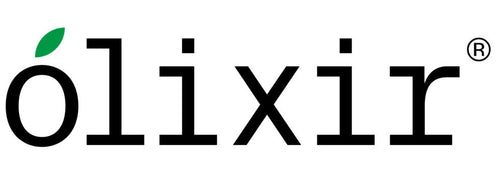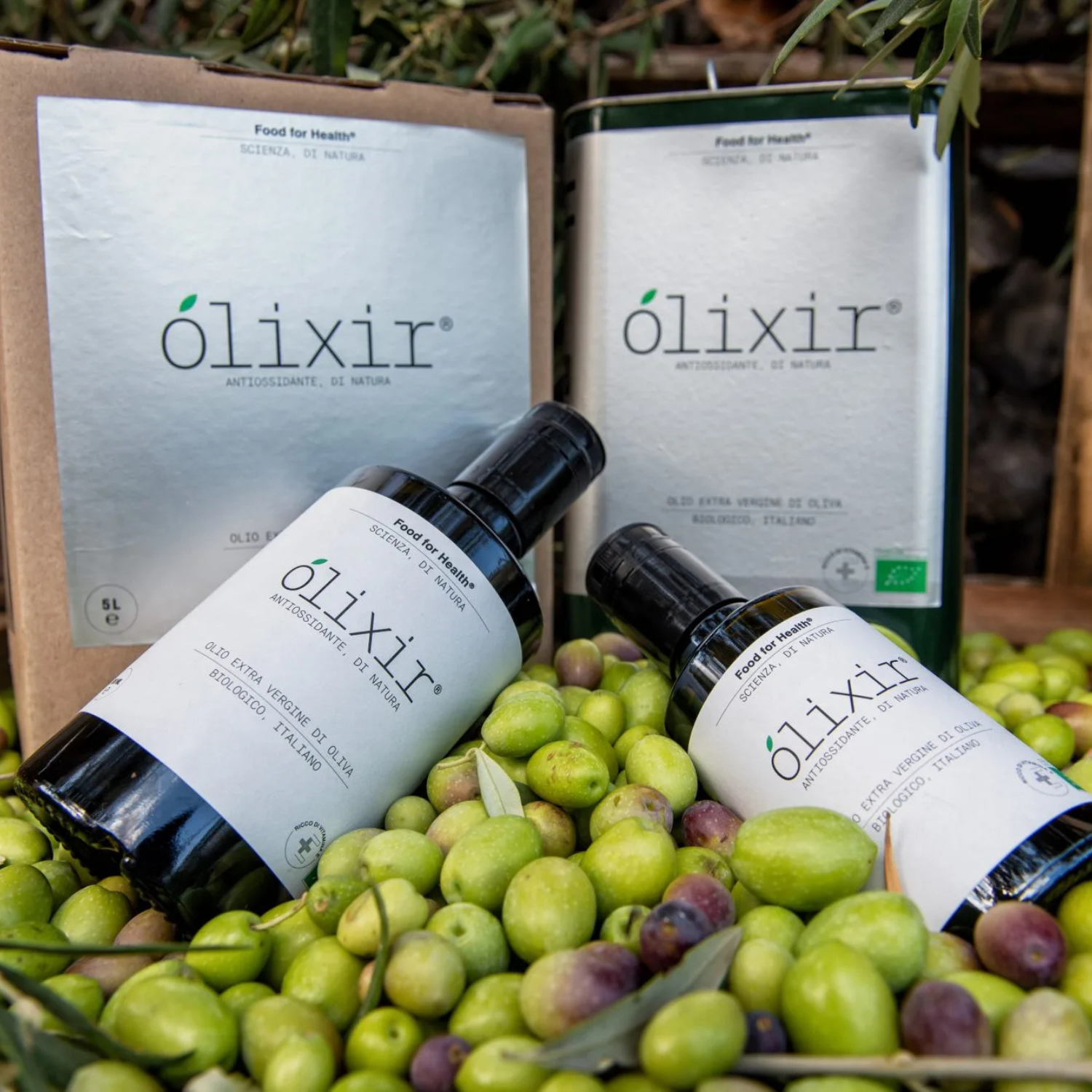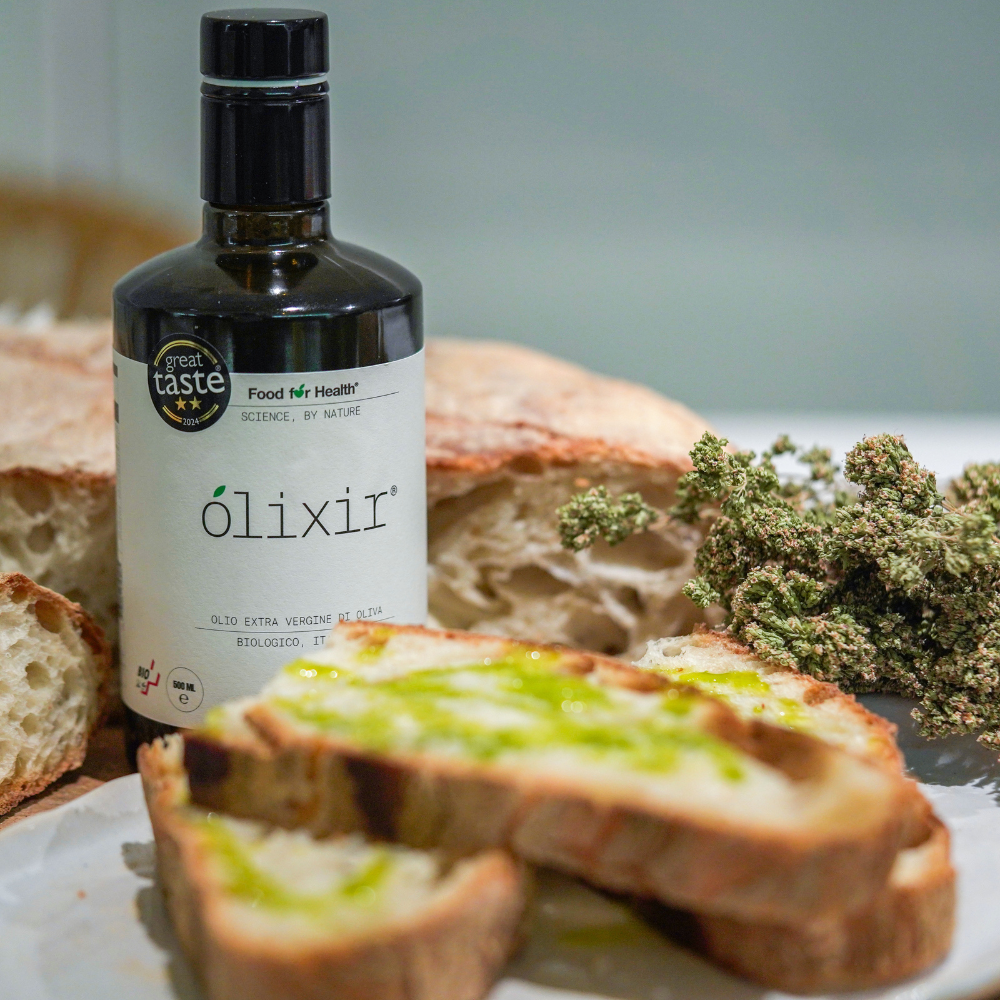Olive oil
By Ella Ödman
Independent micro-nutritionist and nutri-therapist
Of course, there’s room for several healthy oils in the kitchen, each providing different flavors, nutrients, and health benefits. But none really tops OLIVE OIL . First, it’s because it has so many health benefits:
- It promotes heart health. It reduces bad cholesterol, increases good cholesterol, prevents inflammation and protects against free radicals (all linked to cardiovascular disease).
- It contains phyto-compounds such as squalene, polyphenols and tocopherols (related to vitamin E = anti-aging).
- Replacing an oil high in saturated fat with about 2 tablespoons of olive oil a day may reduce the risk of heart disease.
How to easily integrate it into your diet
- Make a super easy homemade vinaigrette in just minutes. You'll get a healthy oil with much less sodium than commercial vinaigrettes. Simply mix 3 or 4 parts olive oil with 1 part acidic ingredient. The acid can be red wine vinegar, balsamic vinegar (or any vinegar except distilled white vinegar), or lemon juice for a Mediterranean flavor.
- Sautéing vegetables in olive oil helps with the absorption of vitamins and minerals. For stronger-tasting vegetables, such as cruciferous vegetables, this cooking process mellows the flavor, which can help those who are hesitant about eating vegetables eat more of them. Extra virgin olive oil is also delicious as a finishing oil : a light drizzle over cooked vegetables, fish, soups, or whole grains.
- Dipping bread in olive oil provides a better source of fat than butter. Plus, many people use a slightly smaller amount, which means a savory flavor with fewer added calories compared to butter.
- Hummus, pesto and all those "purées" are even tastier with quality olive oil.
Don't worry too much about the smoke point : extra virgin olive oil has a medium-high smoke point , which is higher than that of butter or coconut oil…



